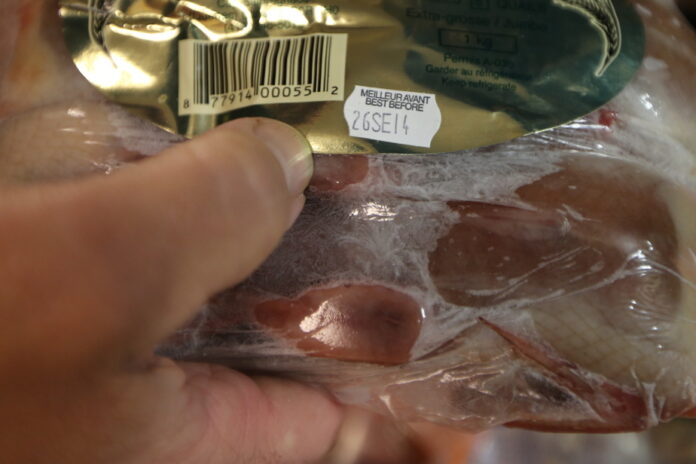Voices are being raised in Canada to re-examine the whole practice of “best before” expiry dates — and to determine whether this labeling is not, in essence, aggravating food waste and insecurity in these times of inflation. the grocery store.
A report by the Commons Standing Committee on Agriculture and Agri-Food on food affordability at the grocery store quotes the director of Second Harvest Canada. Lori Nikkel believes that the misunderstanding of “best before” labeling leads to a lot of food waste in Canada.
According to Nikkel, consumers treat these “best before” dates as suggestions to “throw away,” when in fact they mean exactly what they say: a food is better before that date, fresher. And not necessarily unhealthy after a fateful date.
In its report “Grocery Affordability: An Examination of the Rising Cost of Food in Canada,” released in June, the Commons committee suggested, among other things, that the government consider “eliminating the best before date displayed on food products and the impact of this measure for Canadians”.
Kate Parizeau, a professor at the University of Guelph who studies food waste, said Tuesday she supports the recommendation, especially for foods that don’t spoil quickly.
Wholesalers of foods that should spoil within 90 days, such as eggs or milk, are required by law to display an expiration date. But Ms. Parizeau points out that manufacturers of other foods often add expiry dates to their packaging, even if they are not required to. She believes this practice can lead consumers to believe prematurely that a food is no longer edible.
According to Professor Parizeau, consumers tend to trust expiry dates implicitly.
“I think a lot of people have this impression that ‘best before’ dates are determined by scientists in a lab, measuring the number of days before a product goes bad,” she said.
“That’s not how it works: it’s actually the government telling the manufacturers that they have to figure that out themselves. »
Instead, Parizeau encourages consumers to learn more about food safety, so they can determine for themselves whether food purchased at the grocery store is spoilt.















